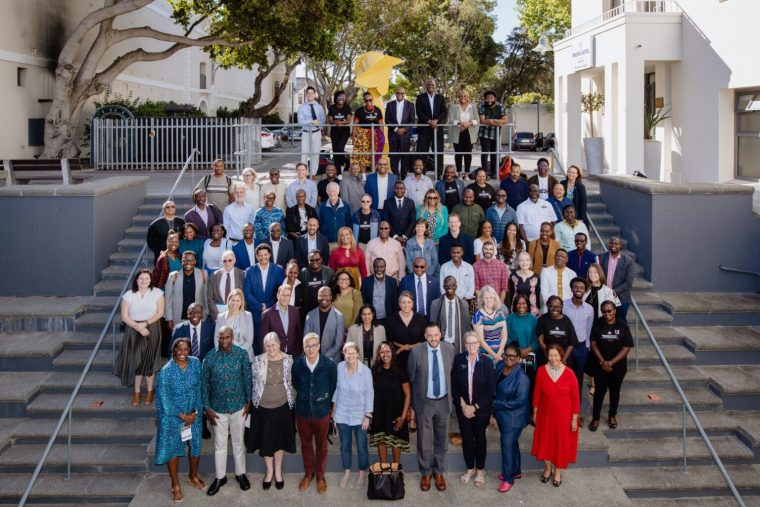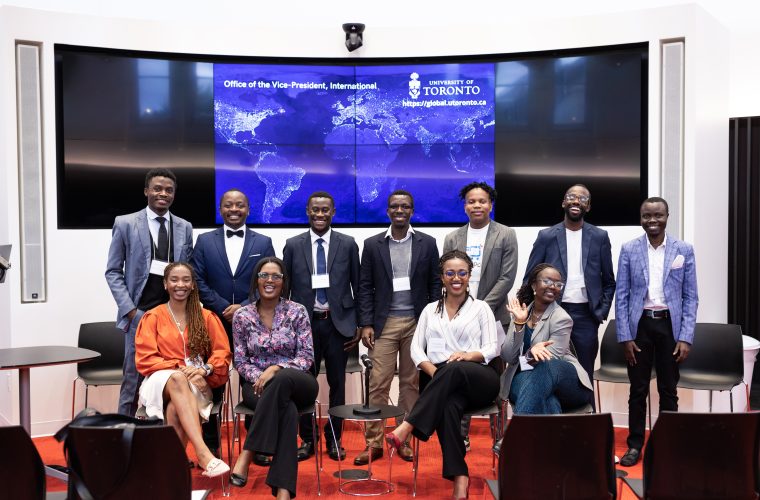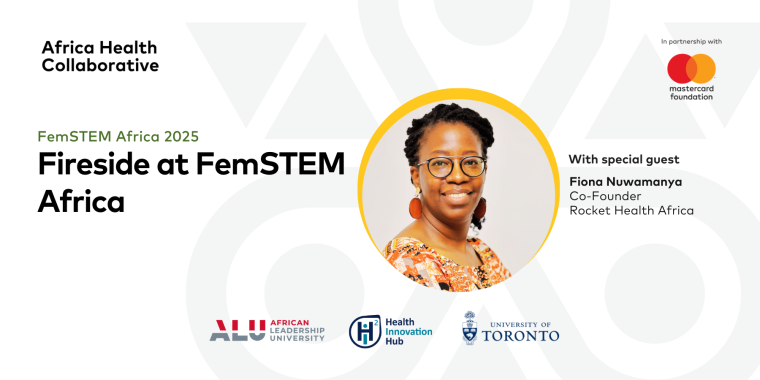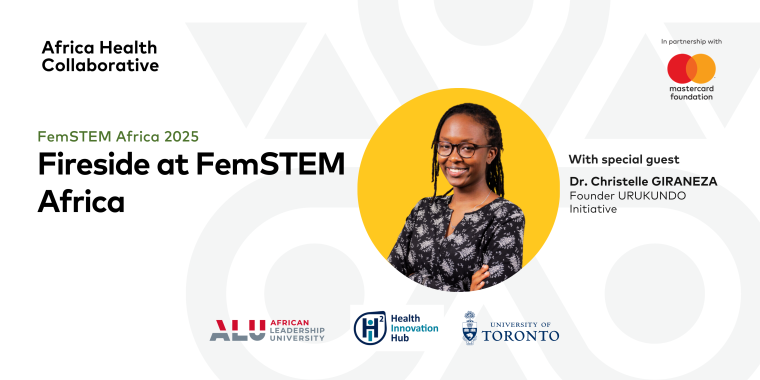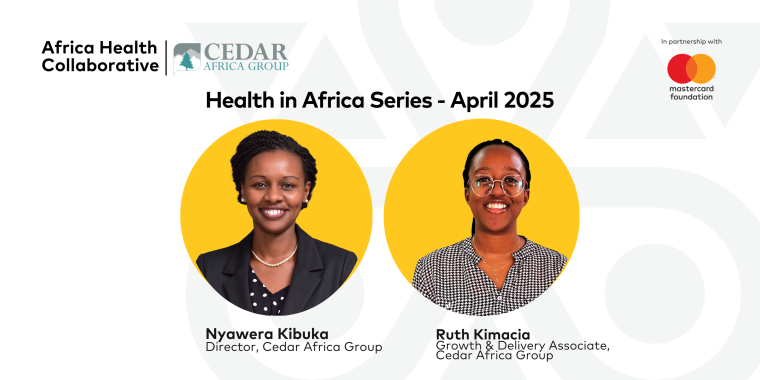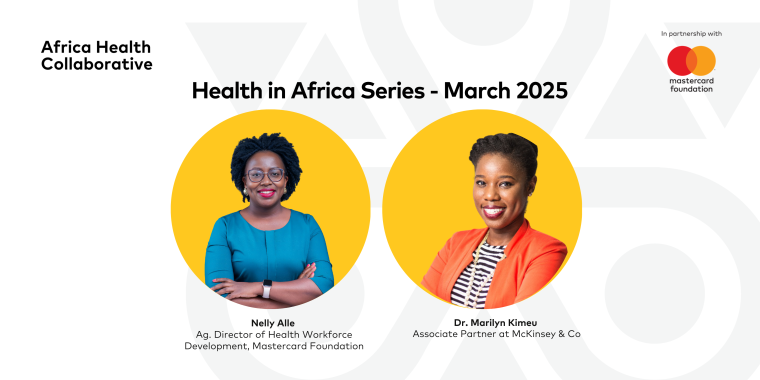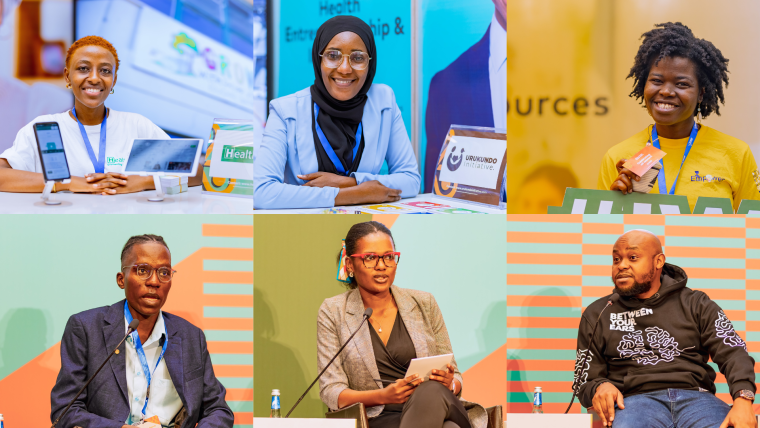The African Impact Initiative’s Health Entrepreneurship Challenge saw resounding success in 2022, engaging over 500 innovative founders from 227 startups. After a rigorous selection process based on impact, sustainability, and scalability, 16 healthcare startups were chosen to join the incubation cohort of 42 amazing founders from eight African countries.
The Pre-Incubation Phase for the 2023 African Impact Challenge is now underway. Top-performing ventures will receive up to $25,000 CAD in funding, along with an all-expenses-paid incubation experience at the University of Toronto in summer 2024 to develop and scale.
The 2022 cohort benefitted from capacity building, mentorship, and venture funding of up to $25,000 CAD each, and on December 2, 2022, they took the virtual and in-person stage for the highly anticipated pitch day event. Over 450 attendees from 30 countries across five continents tuned in to see the startups pitch their ventures and provide feedback, with additional funding totaling $30,000 CAD being granted to the deserving teams.
The winners of the pitch day event were a diverse mix of startups providing innovative solutions in healthcare:
DoctorsLive – Kenya: Providing personalized and on-demand digital mental health care targeted to individuals’ specific needs.
Emergency Response Africa – Nigeria: Building the largest network of first responders, emergency vehicles, and hospitals that can connect anyone experiencing a medical emergency to get help in minutes.
Vectorgram – Kenya/Mauritius: Building health-tech infrastructure products targeted at large-scale digitization of the healthcare process in Kenyan hospitals to increase the scale of reach, solution efficiency, and cost-effectiveness of service provision.
Moto – Mauritius: Building a life-saving transportation option incorporating an ambulance-backed model into available and existing taxi services.
Vectorgram – Kenya/Mauritius: Building health-tech infrastructure products targeted at large-scale digitization of the healthcare process in Kenyan hospitals to increase the scale of reach, solution efficiency, and cost-effectiveness of service provision.
Food Bundles – Rwanda: Building a digital solution to optimize the distribution of fresh organic produce at affordable prices by linking smallholder farmers to consumers in cities.
Hosted by the African Impact Initiative team alongside personnel from the University of Toronto, founders in the incubation cohort of the Health Entrepreneurship Challenge ended the 2022 year with an all-expenses-paid trip to Kigali, Rwanda. They engaged in peer-to-peer networking and a well-attended in-person Investor Mixer that connected startups to investors and fellow entrepreneurs in the Rwandan entrepreneurship ecosystem. The cohort closed off the year with a ceremonious in-person graduation and awards ceremony at the African Leadership University in Kigali. View pictures from this trip here.
With support from our partners, in summer 2023, founders in the incubation cohort of the Health Entrepreneurship Challenge will continue their implementation phase with an all-expenses-paid 10-week trip to Toronto, Canada. The founders will engage in activities that grow their business development skills, expand their entrepreneurship network, and expose them to potential investors.
The Health Entrepreneurship Challenge is supported by a partnership with The Mastercard Foundation in collaboration with three University of Toronto accelerators—The BRIDGE, Health Innovation Hub (H2i), and ICUBE—as well as programming support from expert African investors, founders, and mentors.
Our institutional partners, Addis Ababa University, African Institute for Mathematical Sciences (AIMS), Amref International University, Kwame Nkrumah University of Science and Technology, Moi University, University of Cape Town, Ashesi University and the African Leadership University, contributed to program promotion, recruitment, and venture reviewing, with the latter two playing a key role in this year’s cohort.
We would like to extend our sincere gratitude to all our partners for their significant contributions to the African Impact Initiative’s Health Entrepreneurship Challenge 2022, and their continued support of future programs.

To join the African Impact Initiative community
More News & Events
Skip scroller content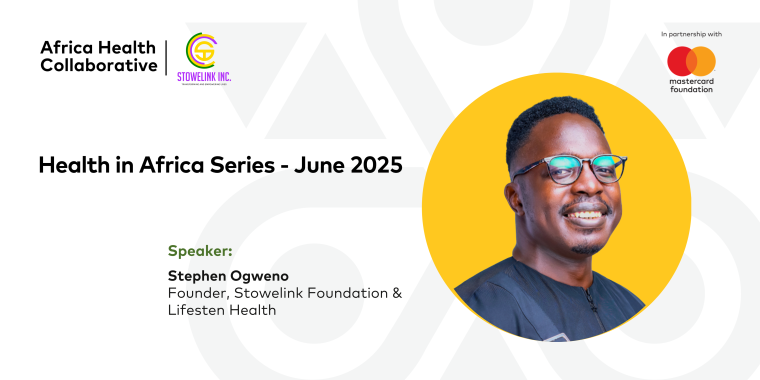
Mental Health and Identity for Students Studying at Home & Abroad
Amid shifting global dynamics, higher education institutions have a powerful opportunity to lead a new era of innovation in primary healthcare (PHC) systems. In the next episode of the Health in Africa Series, we explore practical strategies that academic institutions can apply to strengthen PHC systems, especially in resource-constrained settings.
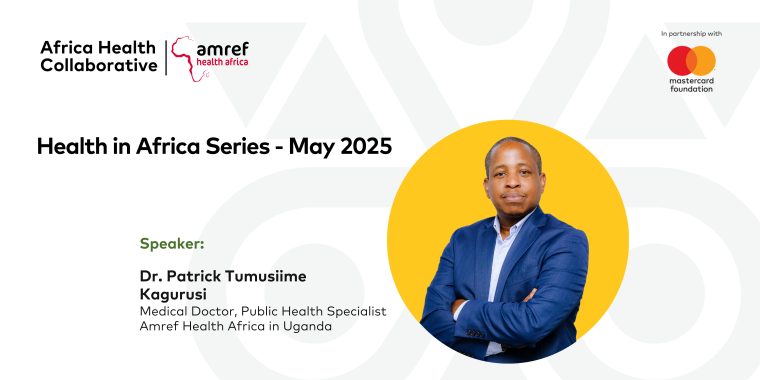
Higher Education’s Role in Reimagining Primary Healthcare
Amid shifting global dynamics, higher education institutions have a powerful opportunity to lead a new era of innovation in primary healthcare (PHC) systems. In the next episode of the Health in Africa Series, we explore practical strategies that academic institutions can apply to strengthen PHC systems, especially in resource-constrained settings.
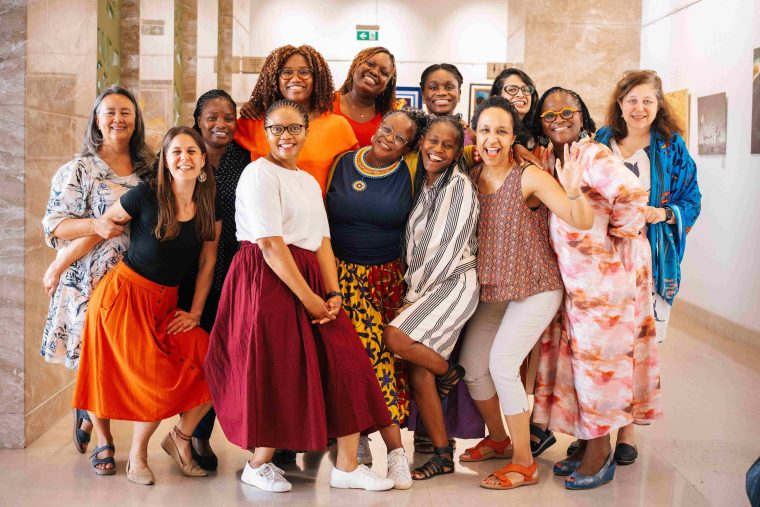
A Tribe Forged in Health: Leadership and Lifelong Bonds at WGHLF 2025
Leadership Coaching and Candid Conversations Kenyan leadership coach and governance expert, Dr. Susan Kinyeki, led a leadership coaching session that encouraged deep reflection on personal leadership journeys, identifying the ‘why ‘ and embracing the power of your voice. The highlight was a series of candid conversations with some of the most accomplished African female leaders in […]
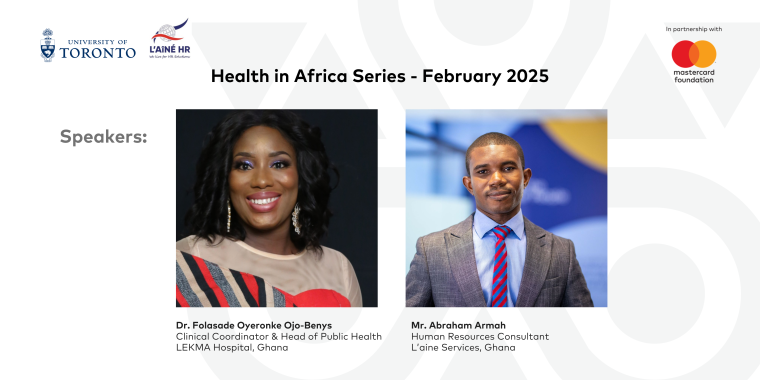
[Health in Africa Series] Health Careers in Africa: West Africa’s Job Market
About L’AINE HR L’AINE HR is a company focused on providing people-oriented solutions and development. As an ISO 9001:2015 certified organization, it serves thousands of clients in both the private and public sectors across various industries including Finance, Health, Media, Telecommunications, Education, Construction, Energy, Manufacturing, and Hospitality. The company prides itself on enhancing the most […]
